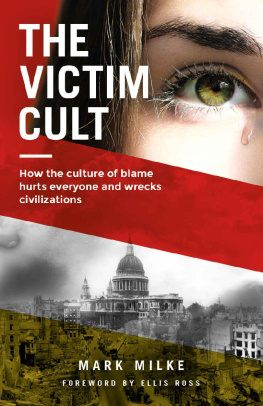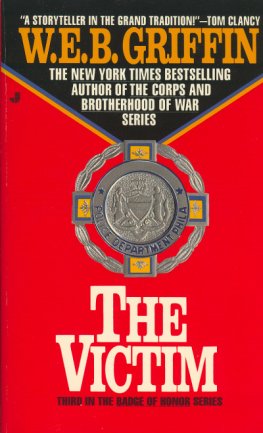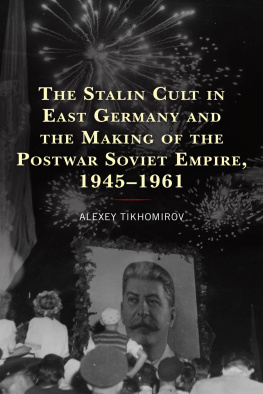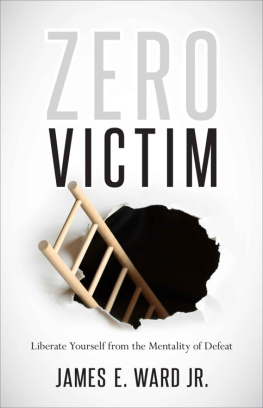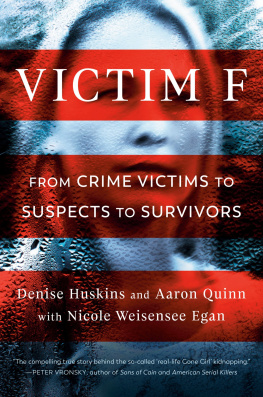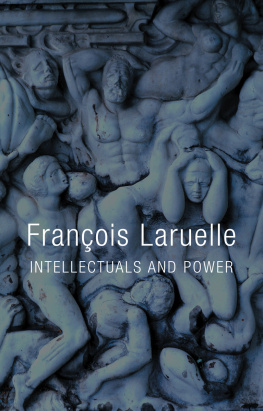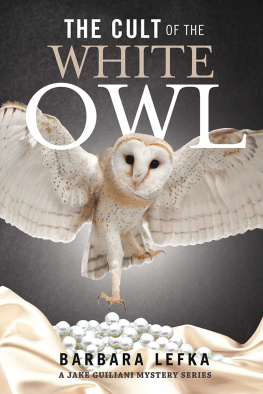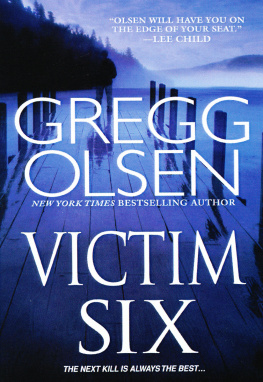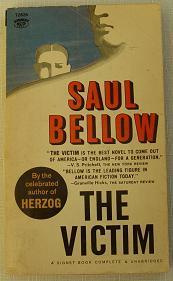From The Victim Cult
Cain and Abel
The Cain and Abel story may be the first in the Western canon where the temptation to burrow in self-pity appears, where a man who spills blood thinks himself the victim. Rather than take responsibility for his actions, Cain chooses envy and somewhere deep inside swears that the reminder of his failureAbel, his own brothermust be wiped from the earth. Thus, in Cain, we glimpse the mindset of a self-professed victim all of us have encountered: a friend, relative, or colleague, actually injured by someone else or just life, or wrongly believe themselves a victim. Either way, they invite additional misery with their response, a chronic looking back and blame of others, which sacrifices the future to the past.
Canadas blame culture
There are significant challenges for First Nations in particular as average educational levels are lower, with unemployment rates higher and incomes lower as a result. But education and ones own location are both correctable. The statistics that show where and how higher incomes are obtainedoff-reserve and with more educationmake it clear that aboriginal Canadians are succeeding given an urban location and higher education. That hardly endorses the radical and false claim that Canada is akin to a genocidal state. There is instead much room for reasoned optimism.
On the rise of the Pacific class
According to proponents of the notion that past egregious actions pose an almost eternal barrier to success, the result should have been failure: in education, family, economic outcomes, and in the broader communities. Chinese and Japanese Americans continued to experience informal discrimination for years after formal, legal equality was granted. Those two communities should have foundered on the hard rocks of prejudice and discrimination. That was the theory. Reality would turn out very different.
victim : a person who suffers from destructive or injurious action or agency
cult : a group or sect bound together by devotion or veneration of the same thing, person, ideal, etc.
ALSO BY MARK MILKE
Ralph vs. Rachel
Tax Me Im Canadian
Stealth Confiscation
A Nation of Serfs?
Barbarians in the Garden City
The
Victim
Cult
How the culture of blame hurts
everyone and wrecks civilizations
Mark Milke
Foreword by Ellis Ross
Published by Thomas & Black. Copyright 2019 by Mark Milke
All rights reserved, including the right to reproduce this book or portions thereof in any form whatsoever. Any reproduction and retransmission in whole or in part is strictly prohibited without the expressed, written permission of the author.
ISBN: 978-0-9687915-7-8
eISBN: 978-0-9687915-8-5
Photos used on cover by Jan Krnc (Pexels) and
Keystone Archives (Age Fotostock, used under license)
Definitions of victim and cult care of dictionary.com
Printed in Canada. Book distribution by Sandhill Book Marketing
www.sandhillbooks.com
Contents
Foreword by Ellis Ross
In 2004, as an elected councillor for my small First Nations village on the west coast of British Columbia, I began to realize that I had fallen into a narrative that prevents First Nations people from a better life as full participants in Canadian society and the economy.
I was born and raised in Kitamaat Village; got married and had two children; ran a crew boat, hunted, and fished.
But I didnt really know much about our issues and problems until I joined Council, and started to see the reality we faced.
Government funding formulas for programs didnt offer much for our issues. After looking at the Indian Act in the context of our village and our people, I concluded that the Indian Act was an imaginary hurdle and not the source of our bands problems, as so many aboriginal activists claimed it to be. It was pretty clear that fighting to change the Indian Act was a distraction, and a waste of our limited resources.
I remember a discussion at our council table where I was the only one arguing that my own personal problems were not the result of residential schools but was a result of my own decision-making. This is still my position, even though both my parents went to residential school and taught me to be a hardworking, honest, and independent person.
In looking for alternative solutions, I ended up reading up on two specific subjects: Haisla history from our archives, and aboriginal rights and title case law.
In reading our own history I was shocked, saddened, and angered at the treatment of my ancestors to the point of wanting revenge. I put that aside when I read about what we are experiencing today as aboriginals in terms of imprisonment, our children in care, our suicide rates, poverty, lack of education, and other social issues that demanded immediate attention.
It became clear that aboriginal rights and title was key to helping our people today , which in turn would set the stage for future generations. I didnt know exactly how it would be done, but I knew there were no limits on how far we could take it if we were smart and thoughtful.
It was definitely a long-term project, but what kept me going were the personal stories of success and rebirth. The single mom who complained that she was only working five days a week instead of seven. The ex-convict (a friend of mine) who, after given a chance at a real job, turned his life around and is flourishing. My community has gone from begging for jobs and government money to determining our own priorities and paying for it ourselves.
Its been an incredible journey, and every day Im seeing and hearing more success stories coming from ordinary people who just want an opportunity to build a good life. To positively affect peoples lives is why I agreed to take on public office and is what keeps me going.
In meeting Mark Milke, and reading this book, I saw what I had learned put in print for the first time. The false narratives or ideologiesthe Indian Act, residential schools, etc.that convince people that they are doomed to fail and that someone else or something else is to blame. There is plenty of blame to go around, but I prefer finding solutions.
I try to fight the idea that individuals are destined to fail, especially when I see political leaders using this to their own advantage instead of finding a way out for people who are stuck.
The First Nations story in Canada is not always a positive one. We have serious issues to address, and serious work to do.
I believe in Canada. I do believe that every Canadian, aboriginal or non-aboriginal, has an opportunity to build a good life and contribute to our society. It starts with accepting responsibility for our own decisions and facing reality, no matter how ugly or challenging that may be.
False narratives will only produce false solutions that will fall apart as soon as they are tested.
Ellis Ross , former elected chief councillor, Haisla First Nation
There is nothing more fragile than civilization.
Havelock Ellis
The Victim Cult
part i
The Eternal Temptation
One of the most striking traits of the inner life of a crowd is the feeling of being persecuted, a peculiar angry sensitiveness and irritability directed against those it has once and forever nominated as enemies.
Elias Canetti, 1960 , in Masse un Macht (Crowds and Power)
introduction
Ultimately, claiming victim status does not itself bring sound ethical choices. Stalin and Hitler both claimed throughout their political careers to be victims. They persuaded millions of other people that they, too, were victims: of an international capitalist or Jewish conspiracy. No major act of war or mass killing in the twentieth century began without the aggressors or perpetrators first claiming innocence and victimhood.
Next page
